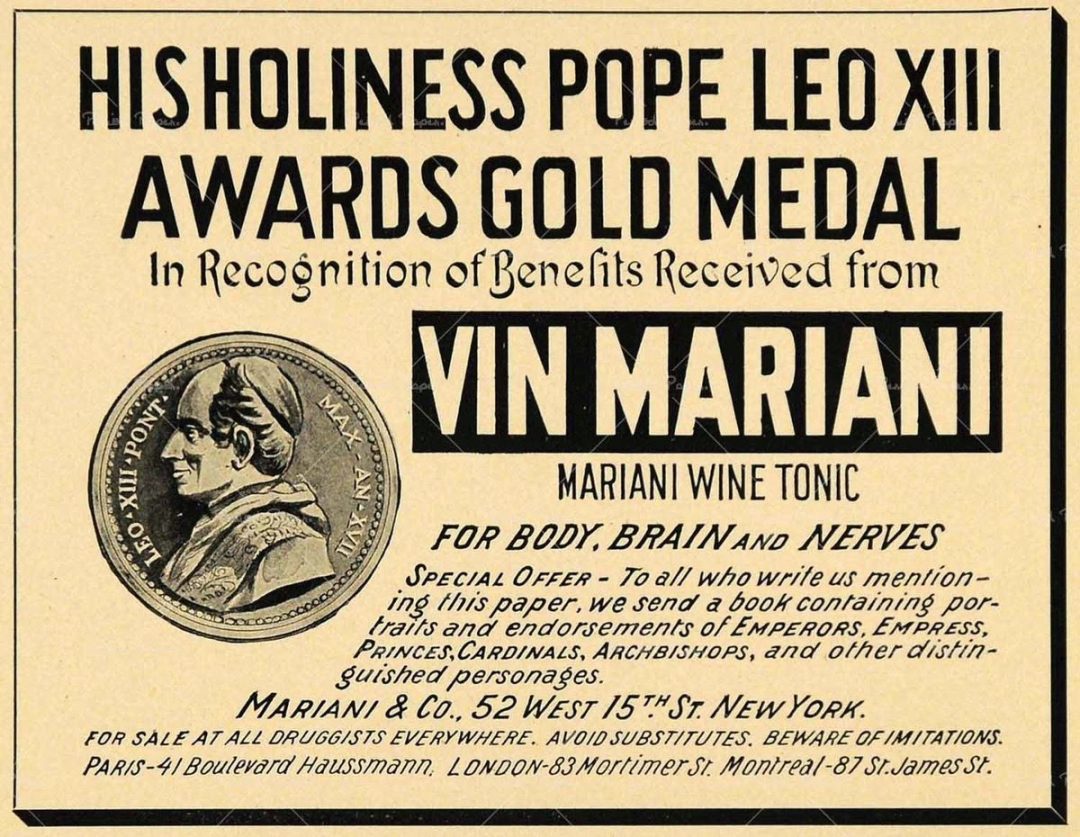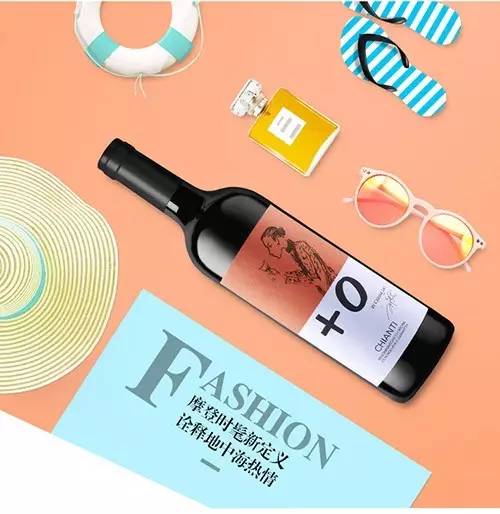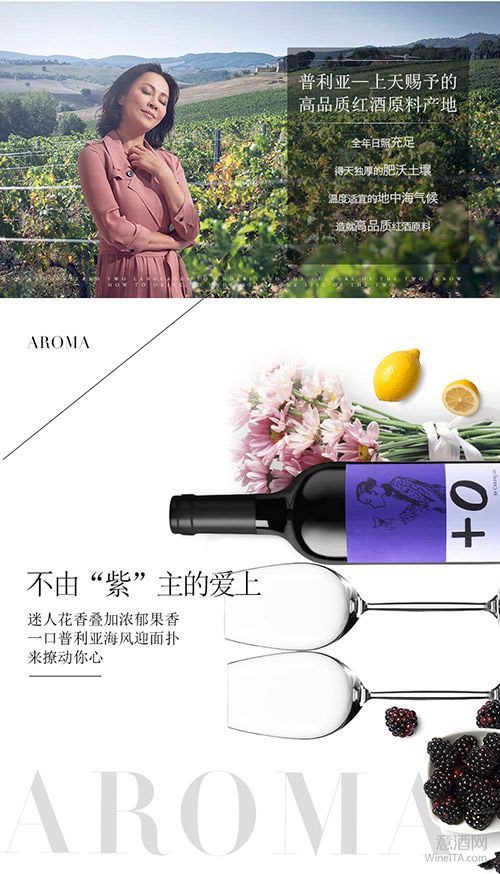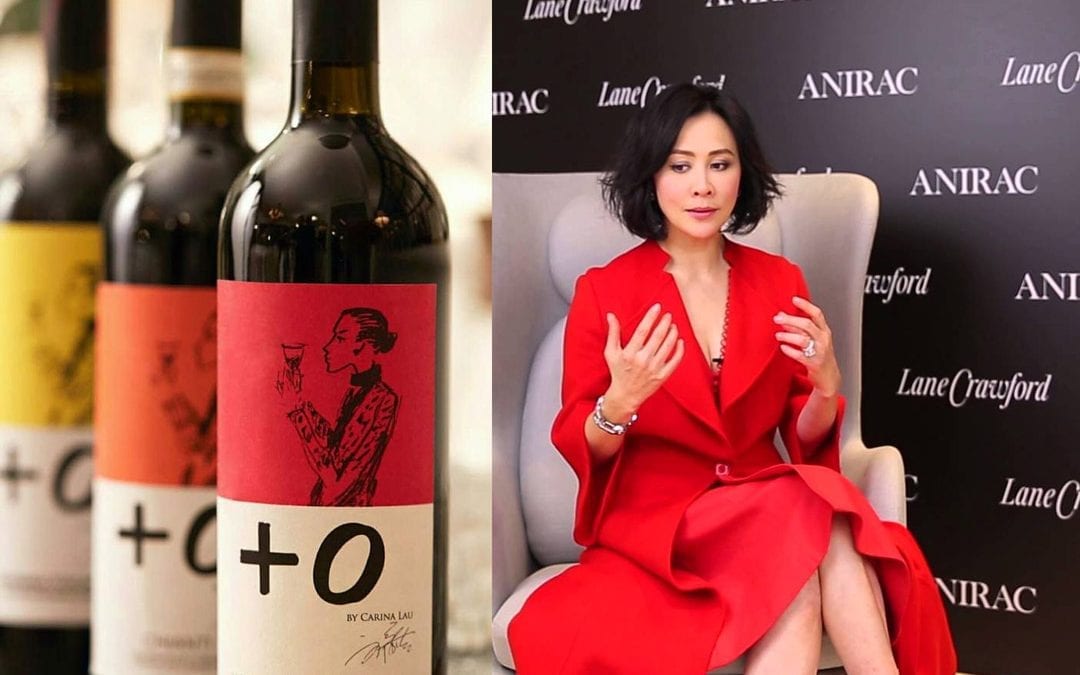I have just returned from a Digital Marketing course held by Gianluca Diegoli for Registro IT that I attended thanks to my hosting provider Native Italy... and I really feel like writing an article on wine marketing, or rather on the Wine Marketing... even though we actually covered topics of a completely different nature at the course. However, when I read the Wines Story newsletter this morning, I really felt like delving into this topic. The subject of the email? Famous Chinese actress Carina Lau (刘嘉玲, Liu Jialing in Chinese) signed (again) 5 Italian wines from Tenuta Pianirossi. The wine marketing operation consists of adding to the product, i.e. Tenuta Pianirossi's Italian wines, and to the consumer, i.e. the Chinese people, a third, implicitly loved and like-minded figure who thus becomes an interesting testimonial for these wines: Carina Lau.
That is why today I am addressing all wine cellars that have wondered, at least once in their lives, whether it makes sense to put their image alongside that of a testimonial more or less famous for selling wine.
Wine Marketing/1 - the testimonial in wine communication: who is it? How does it work?
The testimonial is a figure who may or may not belong to the world of wine whose image is more or less well known used to increase the credibility of the product. Did you know that one of the first testimonials in history was used by the mariani winethe drink that can be called the 'great-grandmother' of Coca Cola? Yes, I know, at this point a 'little' engraving on Mariani wine is called for... 😀
Vino Mariani: What is it and what would Dr. Angelo Mariani have done if he could have used the Internet?

Prepared by macerating 60 grams of 'the best Peruvian coca leaves' in 1 litre of Bordeaux wine for 10 hours, 'Mariani wine' was one of the most popular drinks from 1863 onwards, so much so that its inventor, the Italian-born chemist and pharmacist who later emigrated to France, Angelo Mariani, became a true celebrity. "Two pontiffs were also 'addicted' to this drink: Leo XIII, who even became its testimonial, and Pius X. Yes, you got that right: in 1894 Pope Leo XIII was the official testimonial of a mixture of wine and cocaine even more dangerous than cocaine itself because of the cocktail with alcohol! A litre of mariani wine contained up to 300 mg of cocaine, but when added with alcohol it formed cocaethylene, an aldoid whose psychostimulant characteristics are much greater than the same dose taken as a pill. The most interesting thing is that in order to maintain its primacy, Angelo Mariani began publishing testimonial letters from his most famous customers who were enthusiastic about drinking Mariani wine. What can I say? A late 19th century marketing genius! I mean I go out of my way to tell my clients that there is nothing more important than publishing a photo with two sincere lines of satisfied clients in their portfolio and he had already understood everything almost two hundred years earlier! Angelo Mariani distributed 64 million copies of his albums containing sentences and photos of his testimonials. 64 million... and there are companies that consider the printing of 1000 catalogues exaggerated!!! Or worse, they don't want to invest in the development of a website made with all the necessary details and they rely on the first "lyricist" who has a famous brand behind him or, worse, gives him a bigger discount... Come on, ask yourself what Angelo Mariani would have done if he had a powerful tool like the Internet at his disposal that allowed him to reach almost 4 billion people located anywhere in the world!
However, Mariani wine was also the progenitor of Coca Cola: on 8 May 1886, the American pharmacist John Pemberton invented the world-famous soft drink as a cure for headaches. The original recipe for this drink involved a mixture of Coca leaves with an extract of Cola nuts, used instead of alcohol. The formula for Coca Cola was sold in 1916 for $2,300 to Asa Candler and Cocaine disappeared from the famous drink officially in 1905, but traces of it remained until 1929 and was phased out in the following years. Mariani wine, on the other hand, with the disappearance of Coca and wine, was renamed Mariani Tonico and was sold in pharmacies until 1963.
.
Wine Marketing/2 - Carina Lau godmother of emotions for the Chinese people: can it work?
Carina Lau, in my opinion, is not a particularly famous actress in today's China, but she is certainly famous for her 30-year love story with Tony Leung Chiu-Wai, one of the greatest contemporary Chinese stars who made the very clever choice not to enter Hollywood cinema so as not to alter the perception of his image in China. Carina Lau is certainly not the most knowledgeable person in the wine world, but she is certainly the perfect ambassador of Italian wine in China. Moreover, all the labels are, in theory, designed to please the Chinese people (here I disagree, but I will deal with the subject in another article). What is certain is that Tenuta Pianirossi claim to have created this wine and dressed it especially for Carina Lau.
Using a testimonial to promote a product is actually giving the product references. This is by no means wrong in Chinese culture, although it remains more in line with Anglo-Saxon culture. Wine is not a dress, you don't want to feel like Scarlett Johansson or Brad Pitt while wearing it. Wine isn't even a fast car, you don't sell it with a semi-naked hottie... or maybe you can sell a few bottles like that, but you're certainly not going to live with them. Luckily.

What is certain is that the Chinese people are traditionally closed-minded, and even if Made in Italy has a very strong hold on the average Chinese, Italian wine barely occupies fourth place in the consumption ladder, which, moreover, remains more for status and fashion than for culture or passion. In this perspective, perhaps for a few more years, the use of Carina Lau as a testimonial may work. So yes, in China it still makes sense to choose a testimonial to promote one's wines, provided that he or she is of Chinese nationality, enjoys a good reputation and is a true opinion leader. Carina Lau I doubt is an opinion leader in the wine industry in China, but she enjoys the fact that the average Chinese does not know wine and is therefore more attracted to the reliability and reputation of the product than the product itself.
Wine Marketing/3: does it make sense to choose a celebrity as testimonial or is it preferable to choose a figure more knowledgeable in the world of wine?
At this point, a distinction must be made: who is the buyer of the wine in question? While in the West the use of a celebrity from another world to sell wine is outdated to say the least, in the East it is still interesting because of the bond of trust and the emotions it can arouse. Mariani wine is an excellent example of the trust that the right choice of testimonial can unleash: who better than a pope to evade the doubt that a wine-and-Coca mixture is bad for you? It is no coincidence that in the mid-1960s, the same multinational cigarette companies chose doctors as their testimonials (see Camel which read 'most smoked cigarettes by doctors' on the packet). Cigarettes cause 90% of lung cancer cases and 100,000 deaths in Italy every year. Yet they are perfectly legal and there was a time when, despite the fact that the very serious effects on health were already being hypothesised with a certain degree of accuracy, people buried their heads in the sand and produced fake candy cigarettes and fake pipes for children happy to imitate their fathers.
Moreover, let us always remember that wine culture in China is in its infancy, and to sell it, it is essential to create a bond of trust with the Chinese people. We need an image that evokes the beauty of Italy, reinforces Made in Italy and symbolises the status that the Chinese can acquire by drinking that particular wine.

.
Wine Marketing/4 - 3 good reasons not to use a Testimonial to sell your wine in Italy
- The biggest problem with using a celebrity is in associating the image of the wine with the name of the celebrity: if something taints this name, the product will also be negatively affected.
- Wine purists, or rather connoisseurs, will tend not to take the product too seriously by virtue of the fact that it 'needs' a celebrity to be sold and talked about.
- The goats will judge the goodness of the product and choose whether it is worth buying depending on the feeling they have with the celebrity in question, and nothing the quality of the product (for better or worse) can do to change their opinion.
Wine Marketing/5 - Testimonial yes, testimonial no: when is it really needed?
In wine marketing, for the Italian public, the use of a celebrity as godmother of a certain wine label only makes sense when this wine is so bad that it cannot be sold for its organoleptic qualities. This also stems from a typically Italian conception of the reference, which is often seen not as a testimony (positive) but as a recommendation (negative). If a wine cellar has the economic purchasing power of a famous testimonial after having invested in other, more profitable means of communication, and wants to try this route at all costs, I advise it to bet on a 'character' from the world of wine (television journalist, famous wine blogger, etc.) rather than on celebrity. All the other wineries that do not have the economic purchasing power of someone's face, if they have a good wine in hand, should not aim at using celebrity testimonials anyway. This, in fact, would immediately 'cheapen' the perceived value of the product in the eyes of winelovers. These wineries should aim to create a network of ambassadors for their wines by inviting bloggers, journalists and trained sommeliers to taste them, in order to create a 'qualified army' of insiders who communicate their wine with passion and competence.
Wine Marketing/6 - Always the winning choice, in China as in the rest of the world
Dear wine producer, become a testimonial for your wine yourself. Use your name to promote your wines, interact with the public in social networks and try to personally break down any distance with the potential end customer. Don't leave it to a third party to act as your guardian angel: if his wings are clipped, you risk plummeting with him! Don't be afraid to expose yourself, be proud to put your face out there whoever you are... and, above all, tell your story.
"We live in a very naive age; for example, people buy products whose excellence is boasted by the very people who sell them."
Jorge Luis Borges
Translated:
"Don't brag about your wines, just tell them. If well made, they will boast themselves.
Selling wine means, first of all, not selling anything. Tell your story and interact with those who follow you. Especially if you want to sell in China, accompany the technicalities with lots of (subtitled) videos and lots of stories about you and your family, as well as the wine itself. For me, these are the main dictates of wine marketing.
Cheers <3
Chiara
P.S. If you want to sell your Italian wine in China, first read this article based on research by the Chinese company Daxue Consulting, then delve into Chinese culture in one of these texts that you can find on Amazon:
- China. A thousand-year history by Kai Vogelsang
- Chinese culture: sign, writing, civilisation by Alessandra Lavagnino
- History of China by J. A. George Roberts

